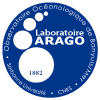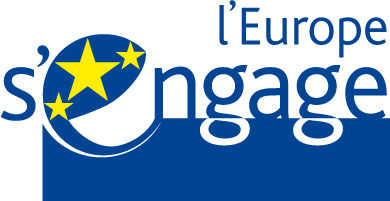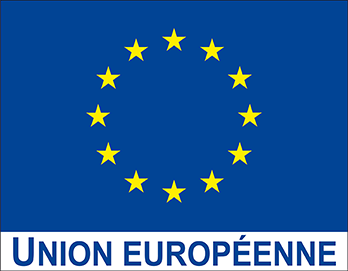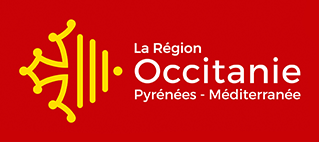BOSS is engaged in the long-term observation of coastal and offshore biogeochemistry to understand the natural variability of the ecosystem, the long-term trends that can occur as a function of climate variability and the occurrence of extreme disturbances in short term basis.
The mission is in accordance with national and international programs (SOMLIT, OSD, MOOSE, MISTRALS, GOS) that emphasize the importance of maintaining observation networks to understand the effects of climate change and is an essential activity of the Observatory.
The service is currently involved in routine sampling at three observation stations in the Gulf of Lions (Western Mediterranean) along a coast-wide gradient: SOLA (since 1997), POLA (since 2005) and MOLA (since 2003).
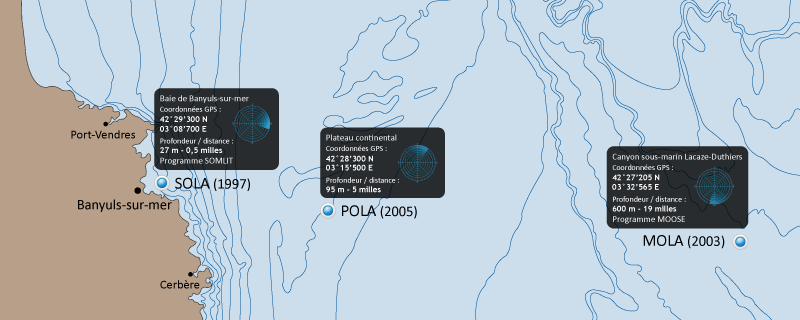 3 observation sites localisation: SOLA – sampling at 3 and 24 m depth in a weekly basis. POLA – CTD sampling every month. MOLA – sampling at 6 depths between 0 and 200 m depth in a monthly basis.
3 observation sites localisation: SOLA – sampling at 3 and 24 m depth in a weekly basis. POLA – CTD sampling every month. MOLA – sampling at 6 depths between 0 and 200 m depth in a monthly basis.
Physical and chemical parameters acquired at the different stations are: temperature, salinity, pH, dissolved oxygen, nitrates, nitrites, silicates, ammonia, phosphates, suspended matter, particulate organic carbon, particulate organic nitrogen, stable 13C and 15N isotopes, and chlorophyll.
Biological parameters are: bacterial production (incorporation of leucine), phytoplankton and bacterial abundance by flow cytometry, the structure of the bacterial community by DNA / RNA extraction and sequencing.
The data, acquired at 2 depths weekly for SOLA and at 6 depths monthly for the other sites, are available free of charge for the scientific community via the SOMLIT national database for SOLA station and via the OOB internal database for POLA and MOLA stations.
